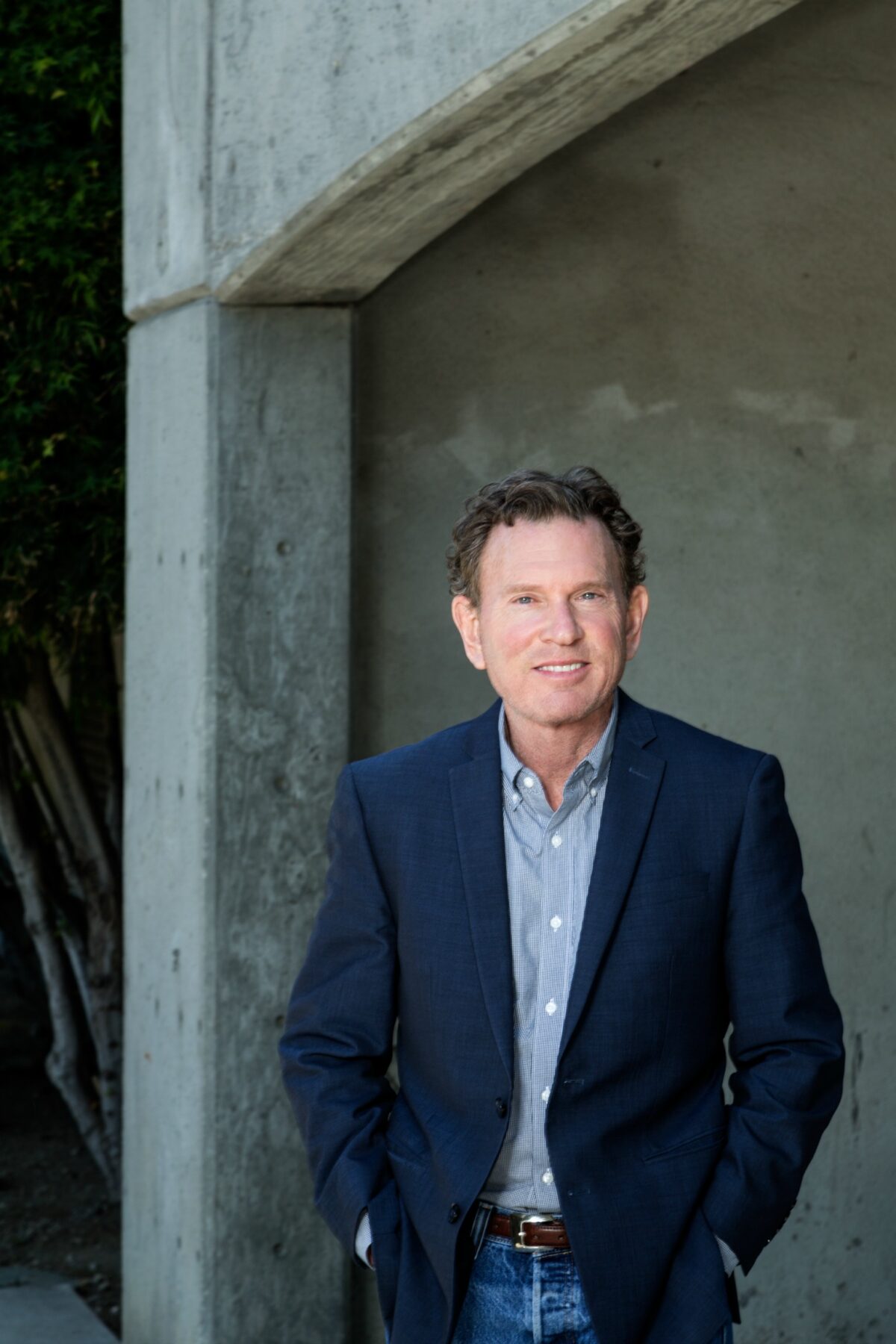Every day we get up from our beds, dress ourselves and go out into the world looking for success. We are optimistic that way. But success is an illusory thing that is difficult to maintain. What even defines success? And are those who achieve their version of it happy? And if they are happy, how long does that happiness last before new success is needed to keep the happiness going?
By success, I mean the good things happening to us, around us and for us. And by failure I mean the opposite of that. It’s really not the literal term of failure, I suppose, but when you lose something that is truly important to you, it certainly feels like failure. Much failure is simply disappointment though we certainly talk about failure when it comes to marriages not working out or to once-promising startups going out of business.
As we go about our days seeking successes, the one thing that is certain is that we will generally not succeed as planned. Most of what we strive for in life is rather meaningless (think: hoping the Giants beat the Dodgers this weekend) and the failures are not traumatic. We deal with them. We move on. But then there are the big things in life: marriages, jobs, children, family, homes and health. And when we find failure in those endeavors—and we all do or will—it’s traumatic and can change the course of our lives and our personalities.
My mother left our family home and moved thousands of miles away to pursue her career when I was a 12-year-old kid, and that certainly felt like a failure to me. It took a while to overcome that loss but I’m sure that part of my personality will always carry a mark from that experience. I’m insecure and overly nostalgic for my childhood. I place too much emphasis on the memories of inanimate objects. But we all have failures in our past that have helped to determine who we are today.
But let me get to the point already. Last summer—having previously left Gentry magazine, which I had founded—I got a call from a top media broker in New York who had helped to broker a deal back in 2004 when we sold California Home & Design. He told me that Time Inc. was selling Sunset magazine and asked if I would be interested. He said some kind words about how they thought I would be an ideal owner-operator of the franchise. Time Inc., after being spun off from Time Warner and given a pile of debt, had badly neglected Sunset. They had no idea about what to do with the faltering publication and so they decided to sell.
That phone call started an extremely intense six-month period during which I came up with an extensive business plan of how to transform Sunset into a brand that could once again thrive and prosper. I totally reimagined Sunset into a fresh, meaningful and modern magazine; developed comprehensive financials to execute that plan; put together an executive team to take charge; and raised the money needed to buy the company.
I understood there to be approximately 20 suitors at the start. As the months went by and we had to supply Time Inc. with certain milestone accomplishments, the parties were eliminated there were only four of us left who met all their criteria. Raising the money was extremely difficult (try selling a traditional media company to Sand Hill Road), but I found what I needed, and the final presentation was submitted. Then I got the phone call from the broker who told me that Time Inc. was selling Sunset to a private equity group in L.A. because they could close the deal in a week, and I needed three. All came to light when Time Inc. itself was sold a month later to Meredith Corporation.
I was deeply disappointed; I had failed. And I walked in a stoop for a good month. But then I decided that I would turn that failure into success: I would take my carefully crafted plan for Sunset and create a fresh, exciting magazine for the Peninsula, the place I have lovingly called home for more than 30 years since coming here to go to Stanford Business School.
And so PUNCH magazine is born from the ashes of that doomed Sunset deal. Richard Branson once wrote that we should not be embarrassed by our failures but learn from them and start again. So that’s what I am doing with PUNCH, a magazine about how to live a life that is more engaging and authentic; about appreciating and finding the richness of where we live and how that understanding can enhance our lives and make them more fulfilling and happier. I hope that, in some small way, it adds to the success in your life.


